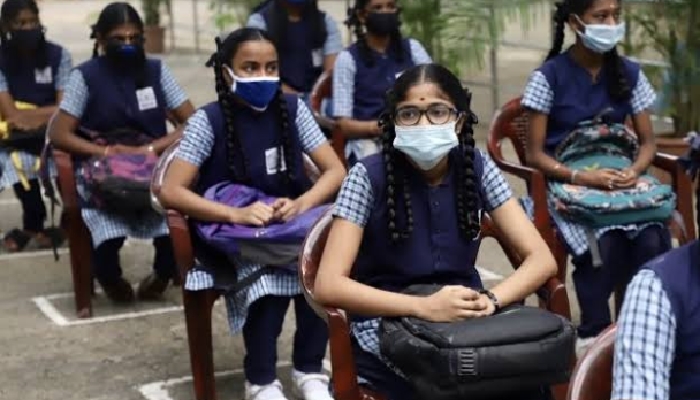Bangalore, April 5: Visvesvaraya Technological University (VTU) has digitised evaluation of answer scripts, beginning with the semester examinations held recently.
With more than 200 affiliate engineering colleges and nearly three lakh students, the varsity will have 25 lakh answer scripts for evaluation for each examination it conducts.
In order to assess the quality of the new system, Shruth and Smith Foundation, in association with PACER Foundation, held a meeting of principals of various engineering colleges, VTU officials and student representatives.
A few concerns expressed about the system involved questions about the safety of scanning of answer scripts for evaluation, which faced the risk of hacking. Also, one of the requirements of the evaluation system is to cut the stitched portion of the answer script to make it scanning-friendly.
Many felt the answer sheets could either get mixed up, or extra sheets would be placed in an answer script to help a student.
However, those involved in the digitisation of answer scripts have given the new system a thumbs-up. Puttaraju, principal, SJBIT College, said digitised evaluation had helped in the early release of examination results, besides allowing students ample time for the next examination, in case they planned to enrol for repetition of a paper.
The system has reduced manpower for evaluation, thereby reducing the cost. Closed circuit television cameras monitor the entire process to ensure fair evaluation of papers, said Sridhar, principal of KES College.
Regarding doubts expressed about transparency in evaluation, lecturers and principals said the new system was more transparent than manual evaluation.
The question paper distribution system has also been upgraded to plug leakage, said Krishnamurthy, registrar (evaluation), VTU. Question papers will be accessible to the colleges concerned only if they have access to the software, for which the college has to provide the static IP address registered with the university.
Whenever colleges access the soft copy of a question paper for printing, the central system will monitor the duration for which a college has logged in. Question papers have to be printed within 30-45 minutes of logging in. The paper will automatically disappear from the system once the printing process is completed, he explained.
Authenticity questioned
Student activists have questioned the authenticity of the process. Digital evaluation has no accountability as examiners do not sign their names on the answer scripts, they say.
They have also questioned the claim that results can be announced faster with the new system. In December last year, one of the scanning centres took 30 days to scan 1, 20,000 answer scripts and more than 20,000 results were withheld, they pointed out.
Till date, 3,000 results are pending, the activists alleged. Contrary to the university"s claim, the digital evaluation process is expensive, as it not only involves cost for technology, but also travel allowances for evaluators.
![]()








Comments
Add new comment